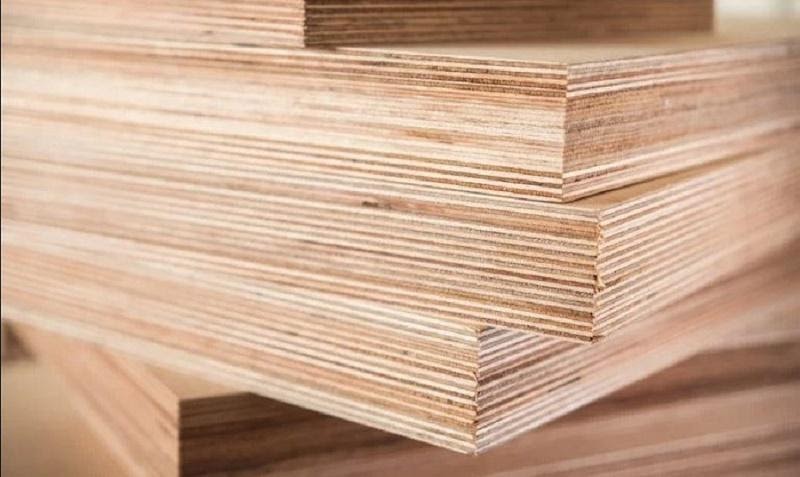Plywood has become the necessary go-to material in a wide variety of DIY as well as professional construction projects. However, this does not mean that all types of plywood work for all projects. Depending on the rating, raw materials, the number of layers of ply, and grade, size, the thickness, you need to identify the most appropriate kind of plywood for your requirements. Here is what you need to know about where plywood comes from and other essentials.
What really is plywood?
Looking at it from the perspective of building material, plywood comes with many useful properties. It is basically a factory produced, affordable sheet of engineered wood that is highly durable, resilient and versatile. It does not crack or warp when there are differences in atmospheric moisture. Ply is a wood product that is engineered from multiple plies. These plies are nothing but thin sheets of wood. Panel Veneers and Core Veneers are glued together in a cross bonded structure under high heat and pressure, so that they make up a thick and flat sheet.
From where does plywood come from?
Well, the most obvious answer to this question is trees. To be more precise, it usually begins taking shape as a thin veneer that is stripped from a rotating, round log. Once this is done, a variety of veneers are then layered up. This is done with the grain of every successive veneer (alternate core and panel veneers) at right angles to the one below it. The veneers are layered up with the assistance of glues and resins. This is a waterproof/water resistant or moisture resistant glue whichemparts the required properties of being MR, BWR or BWP to the plywood. The amalgamation of this is what gives you a compressed piece of plywood.
Properties of plywood
One of the best things about plywood is that it is immensely versatile in nature. It can be moulded to fit every furniture need you have. Another property of plywood is that it is high in structural strength. It is also resistant to splitting particularly when it is nailed at the edges. Plywood is bend-proof and makes for sturdy furniture. Many reputed companies like CenturyPly offer special varieties of plywood that are chemically treated to be borer & termite proof, fire-retardant, waterproof and more.
So, there you go. This is all you need to know about plywood, where it comes from, and everything else in between. Based on this, you can go about finding the best plywood sheets onlinethat works for your residential or commercial area in the best way possible.

Leave a Reply
You must be logged in to post a comment.